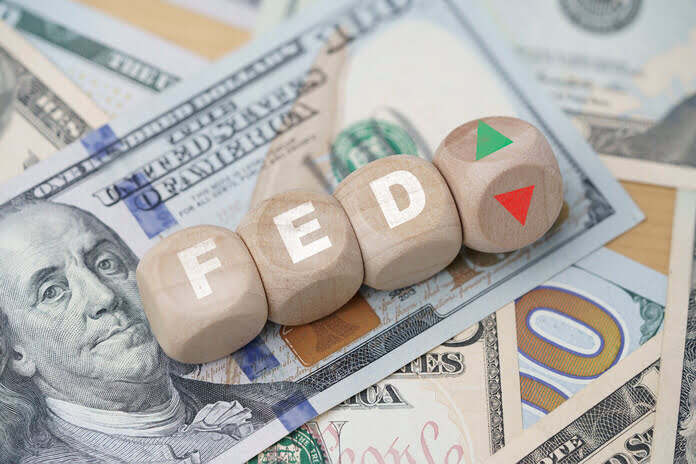Fed Policy Rate
Fed Vice Chair Lael Brainard stated on Thursday in a speech at the University of Chicago Booth School of Business that the Federal Reserve’s monetary policy “will need to be sufficiently restrictive for some time” to ensure that inflation returns to 2% on a sustained basis. Brainard made these remarks.
Her prepared statements did not indicate how much further she anticipates the Fed policy rate to climb after the central bankers lifted their benchmark rate by 425 basis points since March 2022. This was even though the rate has been increasing since March 2022.
“The slower pace that the Fed implemented in December — a 50-bp hike as opposed to the 75-bp increments at the previous four meetings,” said Brainard, “will enable us to assess more data as we move the policy rate closer to a sufficiently restrictive level, taking into account the risks around our dual-mandate goals.” In other words, the Fed policy rate was increased by 50 basis points in December instead of 75 basis points at each of the previous four meetings.
She said the Federal Reserve is making headway in achieving its 2% inflation reduction target. (The year-over-year rise in the core CPI was 5.7% in December, which is an improvement from the 6.0% increase seen in November and the 6.6% increase seen in September.) In addition, she believes that the Federal Reserve might bring down inflation without causing too much harm to the unemployment rate, thereby achieving a “soft landing.”
“Taken as a whole, the price trends in core goods and nonhousing services, the tentative indications of some deceleration in wages, the evidence of anchored expectations, and the scope for margin compression may provide some reassurance that we are not currently experiencing a wage–price spiral akin to what we saw in the 1970s,” said Brainard. “For these reasons, it is still plausible that a continuing slowing in aggregate demand might permit further relaxation in the labor market and decrease in inflation without a large loss of jobs,” the authors write.
She stated that despite this, there is still a significant amount of uncertainty since it is likely that more shocks may result from the crisis in Ukraine and the epidemic. She said that China’s decision to abandon its zero-COVID policy is another factor that contributes to the uncertainty.
Earlier, the President of the Boston Fed, Susan M. Collins, said that the Fed should increase interest rates to slightly over 5% and maintain that level for some time.
Featured Image: Freepik @ diloka107










